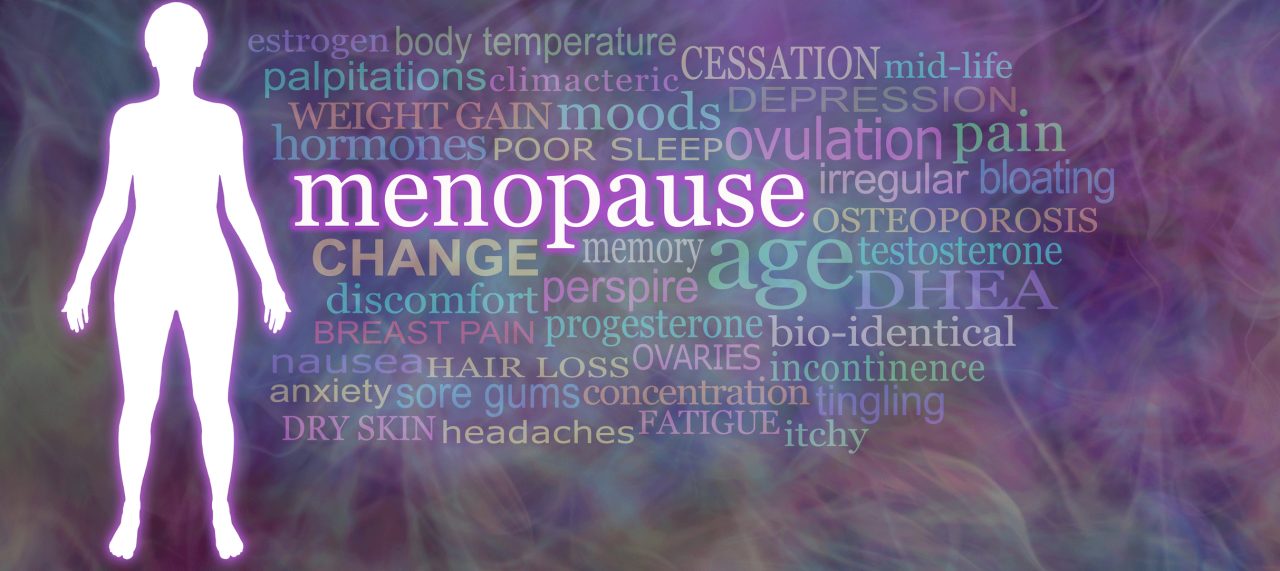The Pros and Cons of Hormone Replacement Therapy (HRT)

Hormone replacement therapy is a judgment call. It raises your risk of breast cancer but can make menopause bearable. Your best bet is to stop as soon as you can.
Menopause — the body changes that hit women as their reproductive system shuts down between the ages of 45 and 55 — can be easy or hard. Most women have some symptoms, but they are severe in a smaller group.
For women who are suffering, gynecologists generally say that hormone replacement therapy (HRT) may be worth the higher risk of breast cancer and possibly other dangers — especially if they limit dosage and years of use.
Don’t believe the people who tell you that taking HRT is always a mistake. Instead, weigh your pros and cons. Major organizations agree that “most healthy, recently menopausal women can use hormone therapy for relief of their symptoms of hot flashes and vaginal dryness if they so choose.”
It matters whether you take combination HRT (estrogen and progestin) or estrogen alone. Talk to your gynecologist about your options.
YOU MIGHT ALSO LIKE: Low Estrogen Symptoms
The pros of HRT
The first question is whether your menopause symptoms are bothersome enough that you need to do anything at all.
For some women, menopause brings on:
- Night sweats
- Insomnia
- Hot flashes
- Mood swings
- Low sex drive
- Urinary tract infections
- A painfully dry vagina
Your symptoms can interfere with your productivity and personal life — sometimes a lot. If you’re short of sleep and find intercourse painful, you’re probably not at your best.
For hot flashes and night sweats, gynecologists recommend combination HRT — because you need a significant amount of estrogen and then progestin to protect you against cancer of the uterus. Ideally, you’ll take it for five years or fewer.
The treatment isn’t complicated. Gels, patches, and creams are the safest option, although most women take tablets.
Beyond leveling out your hormones so you have fewer or milder symptoms of menopause, HRT may possibly protect you against other illness associated with aging. Estrogen protects against vaginal dryness, bone loss, and bone fractures. Combined with progestin, it protects against colon cancer. HRT is linked to lower risks of cataracts as well.
Estrogen regulates how our body uses calories. After menopause, women tend to develop more belly fat, and the belly fat increases their risk of type 2 diabetes and heart disease. But research suggests that HRT, especially with an exercise program, can keep you trimmer.
If your main problem is vaginal dryness and perhaps painful intercourse, you can introduce estrogen directly into your vagina without increasing your risk of cancer. You can insert pills or use a ring that releases the medication gradually.
The cons of HRT
Breast cancer
If breast cancer runs in your family, or you know you have a gene that raises your risk, put HRT out of your mind.
Among women who take combination HRT from age 50 to 55, research suggests that the medication will increase breast cancers by one in every 50 users. You can lower that risk to one in 70 using less progestin and to one in every 200 if you take only estrogen.
That analysis, drawing on data over 26 years, suggested the extra breast cancer risk is about double what science had previously shown. The researchers reported that the longer women took HRT, the more likely they were to develop breast cancer, the elevated risk lasting for about a decade even after they stopped use.
Concern arose in 2002, when the Million Women Study in Great Britain concluded that HRT could, in some women, raise the risk of breast cancer, heart disease, strokes, and blood clots. In the United States, the smaller Women’s Health Initiative had similar findings.
As a result, HRT use dropped dramatically, and breast cancer rates declined. But it wasn’t clear how long the extra risk would last.
The risk-averse may opt for estrogen-only formulations, which present less breast cancer risk. You can guard against ovarian cancer and endometrial cancer with regular exams. Tell your doctor immediately if you have abnormal bleeding.
Other risks
Overall, research suggests that combination HRT increases your risk of thyroid and ovarian cancer as well as breast cancer — but the studies aren’t always the best.
HRT may also increase your risk of pulmonary embolism, asthma, and meningioma.
Does Alzheimer’s disease run in your family? Long-term use of combination HRT may increase your risk of Alzheimer’s, but estrogen alone may lower it.
If you decide to use combination HRT, your best option would be to begin early, use a lower dose, and stop taking it as soon as possible. There is no evidence that "bioidentical" and "natural" hormones are safer than synthetic hormones.
Women who are heavy smokers, very overweight, or at high risk of stroke or have high blood pressure should be especially cautious with HRT.
Updated:
October 19, 2023
Reviewed By:
Janet O’Dell